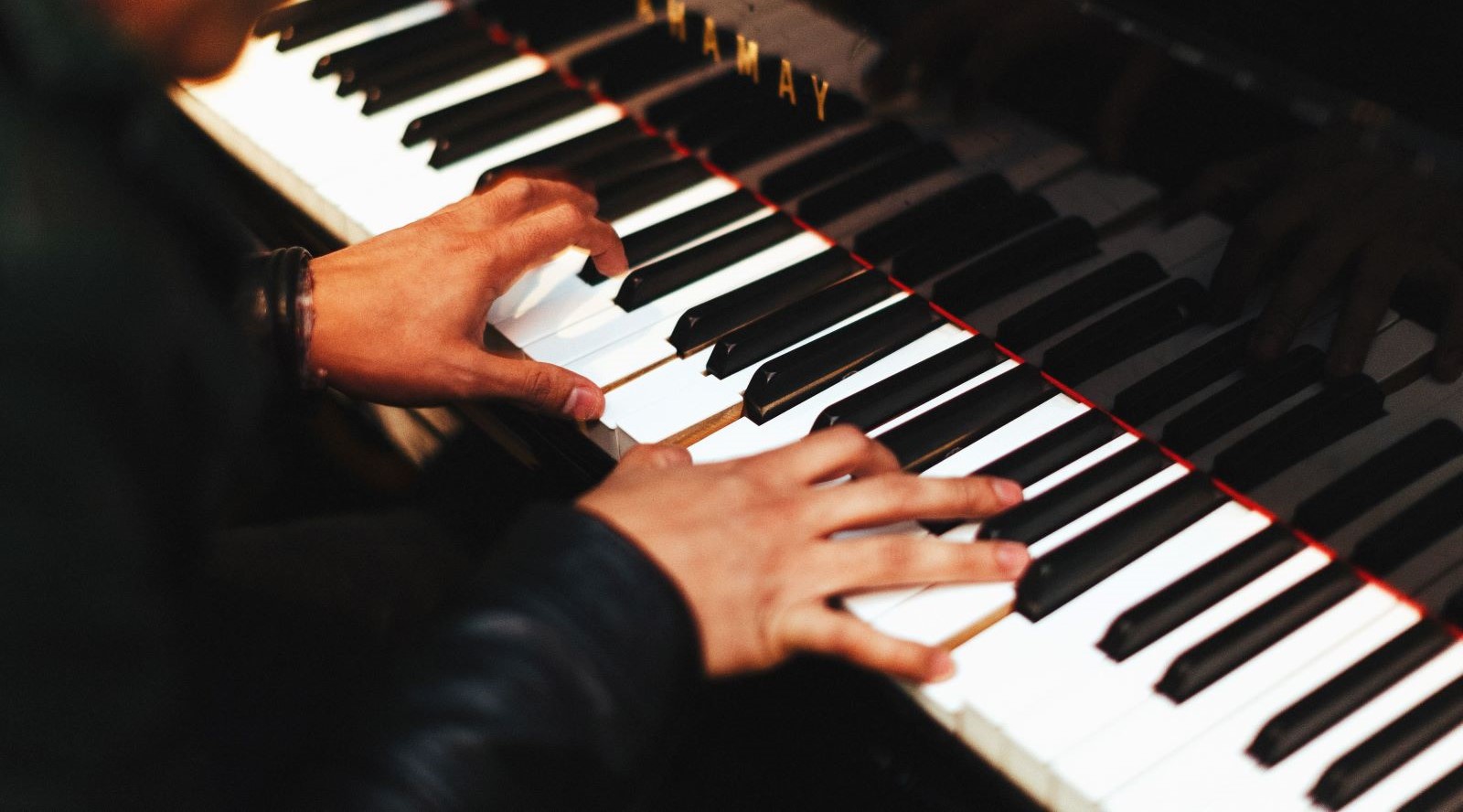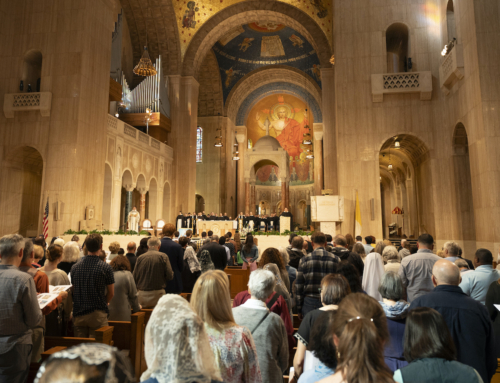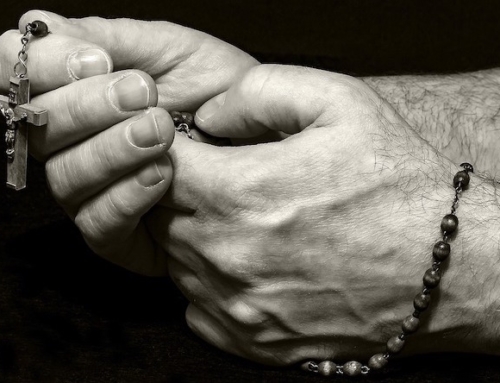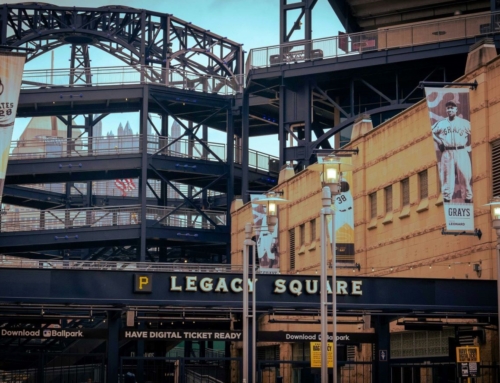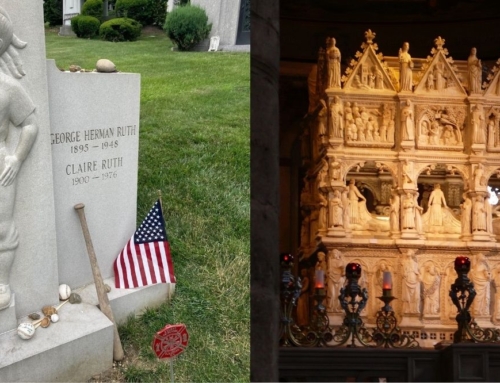If you were to go through my most-watched videos on YouTube, you would find near the top a video of Stephen Hough, the virtuoso British pianist, playing Sergei Rachmaninoff’s tantalizingly difficult piano concerto, Variations on a Theme by Paganini. Watching his fingers effortlessly float over the keys and produce such perfect and beautiful music is breathtaking!
I had a similar experience while visiting Saint Meinrad Seminary over the summer. A painting by Raúl Berzosa of Saint José Sanchez del Rio hangs on the wall of the main administrative corridor, and it too is simply marvelous. The beauty in the brushstrokes, the absolutely perfect coloring and balance, the tenderness of the work—all of it whispers straight to the heart.
But this reaction isn’t limited to the arts. Watch a football game with an avid fan or the Olympics with almost anyone and you’ll undoubtedly hear or say to yourself, “Wow, what an amazing play!” or “That tumbling sequence was beautiful!” Just as in the arts, in sports the perfect play can be something so fantastic, so excellent, so beautiful that it can be emotionally overwhelming.
I have tried to wrap my mind around why we have these kinds of reactions and it strikes me that it is because the beauty and perfection of God is mimicked so closely when we do good things at their maximum potential. We experience just a little bit of the grandeur and awesomeness of God.
A similar thing can be said of the rosary, which we will celebrate at the Dominican Rosary Pilgrimage in just four days at the Basilica of the National Shrine of the Immaculate Conception. The rosary can be an emotional experience for many, and that stems from its excellence. This excellence expresses itself in several ways.
On the one hand, the rosary helps us to meditate on the most profound episodes in the life of our Lord. It gives us the potential, through our meditations, to reach right into the life of Jesus.
At the same time, the rosary also stands as a weapon against evil and heresy, the very sword that the armies of Europe wielded at Lepanto in 1571, about which G.K. Chesterton versified so powerfully. It is the sword that Saint Dominic wielded in 1213 against an Albigensian army near Toulouse—he fervently prayed the mysteries from the Church of Saint-Jacques in Muret while Simon de Montfort’s forces rode victorious over the army of heretics.
If we take the time to really understand the excellence of the rosary and how it helps us to penetrate right into the center of the mystery of the Word made flesh, we can see clearly that the rosary is God’s gift, through Our Lady, to us. It is an instrument of his love.
Love: that is the point. That’s what unites the rosary to the great musicians, athletes, sculptors, poets, and artisans of the world. Through their skill, they show just how much they love their craft, but we get an added element in the rosary. We also experience how much we are loved. When we pray the rosary, we ourselves participate in the excellence of God, “imitating him in his love which embraces all men” (Louis de Montfort, The Secret of the Rosary, Fourteenth Rose).
It is impossible for us to fully grasp the magnificence of God’s love. He shows us how much he loves us by sending us his Son, the Word, who would offer his life for our sake. “No one has greater love than this” (John 15:13).
The love that God metes out to us is a gift of his grace, his perfection, beyond our wildest dreams. The rosary can be your gateway to catch a glimpse and grow in awe of that love, and the Dominican Rosary Pilgrimage can be the vehicle that takes you through the gateway. If we are brought to the heights of emotion by a pianist, what of the love of the God of the universe? Let the Lord touch your heart and entrust your life to him, for his inestimable love endures forever.
✠
Photo from Pixnio

